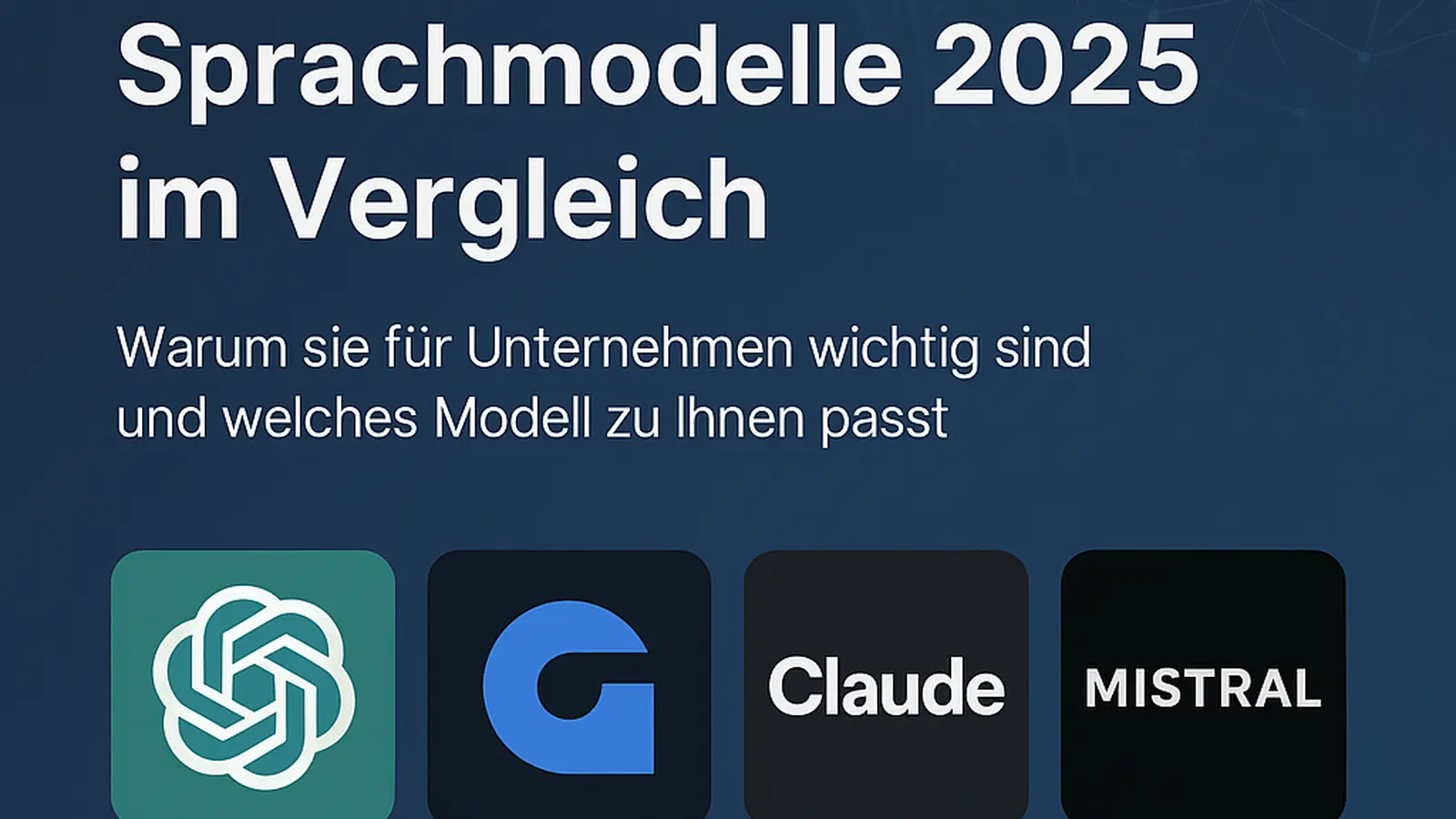Dear readers,
This week I have been working intensively on the digitalization of traditional industries and have had some qualitative discussions with SME owners and decision-makers. Digitalization is not an isolated process, but a synergistic effort characterized by collaboration between technology providers, customers and even competitors. Traditional industries can effectively advance their digitalization goals through strategic partnerships with customers and consulting firms as well as collaborations with competitors and start-ups. In addition, prioritizing technologies such as cloud services, cyber security and artificial intelligence (AI) is crucial to meet changing market demands and customer expectations. This requires a cultural change and the development of a digital mindset within organizations. Attracting and retaining employees with a focus on work-life balance and flexible working models is also of central importance. Expectations of digitalization and disruptive technologies such as AI and cloud technologies are constantly evolving and shaping the future role of these innovations. The following statements are taken from qualitative interviews conducted in recent weeks and a study conducted by Lufthansa Industry Solutions in 2023.
Importance of partnerships in the digital transformation
In the digital information age, partnerships are essential to drive innovation and growth in traditional industries. Research shows that half of companies enter into partnerships with customers and consulting firms to drive their digitalization projects forward. Collaborations with competitors from their own industry and with start-ups are also relevant, with a third of companies pursuing this strategy in each case. Partnerships with public authorities and research institutions are less common, but still exist. It is worth noting that some companies neither have existing partnerships nor are planning any, which indicates considerable potential for future synergies. With regard to the prioritization of technologies and strategies, it can be seen that the digitalization strategy is more or less in place in half of the companies and is firmly established in a third of the companies. IT security strategies are also firmly anchored in half of the companies. This is a critical aspect in a world where the topic of cyber security is becoming increasingly important in Germany. Sustainability concepts and ESG as well as a data strategy are firmly anchored in a third of companies. Concepts for the future workplace and work-life balance also have a high priority.
Digital mindset and the recruitment and retention of employees
Cultural change in organizations is crucial to promoting agility and innovation. To achieve this, strategies must be implemented to promote a digital mindset among managers and employees. Encouragingly, a third of companies rate top management support for digitalization goals and collaboration with external partners as strong. The necessary specialist skills are also available in a third of companies. The challenges of recruiting and retaining talent in a digital environment are complex. Flexible working models and work-life balance are key elements here. Surveys show that the number of IT employees is increasing slightly in half of companies, while it remains the same in a third. Half of the companies offer work-life balance and current measures such as working from home and flexible working time models are already being used extensively.
Expectations towards digitalization
Expectations of technology are constantly evolving, with machine/Machine Learning (ML), cloud technologies and the Internet of Things (IoT) at the heart of the major changes expected. These technologies are driving increased efficiency through automation and enabling data-driven decision making, which is essential for companies to optimize their processes and identify new business opportunities. Data analytics/data fabrics enable companies to collect, analyze and use large amounts of data to create tailored customer experiences and pursue a customer-centric strategy. The increasing prevalence of hybrid working models and robotics underlines the need for flexibility and scalability in today's business world. Cloud solutions and modular software architectures play an important role in enabling companies to react quickly to market changes and adapt their capacities as required. At the same time, there needs to be a focus on security and data protection, especially at a time when cyber threats are becoming more sophisticated. Robust security measures and compliance with data protection regulations, especially with regard to the General Data Protection Regulation, are therefore essential. In addition, promoting digital literacy and competence is crucial to ensure that employees have the necessary skills to use new technologies. Collaboration and networking are encouraged through digital platforms and tools that support both internal and external partnerships and enable knowledge sharing and joint innovation. Companies must be prepared to adapt their business models to digital realities, which may include the development of new digital products or services or the digitalization of existing offerings. In order to secure competitive advantages through IT, companies must adapt to this development and take advantage of the opportunities arising from current technology trends.
It turns out that digitalization in traditional industries is not only a technological process, but also a strategic realignment defined by partnerships, adaptability and innovation. The North IT Group GmbH is your partner on this path and offers you not only first-class solutions in the field of web development for Central Germany and the DACH region, but also in the areas of cross-platform app development and adaptive design. Together, we will realize your digital transformation and make your company fit for the future.



